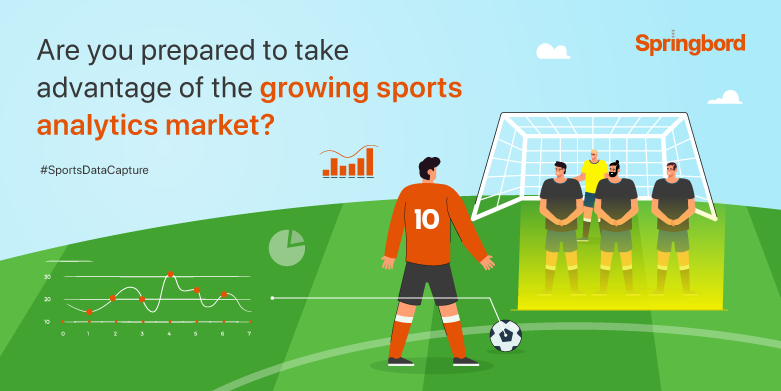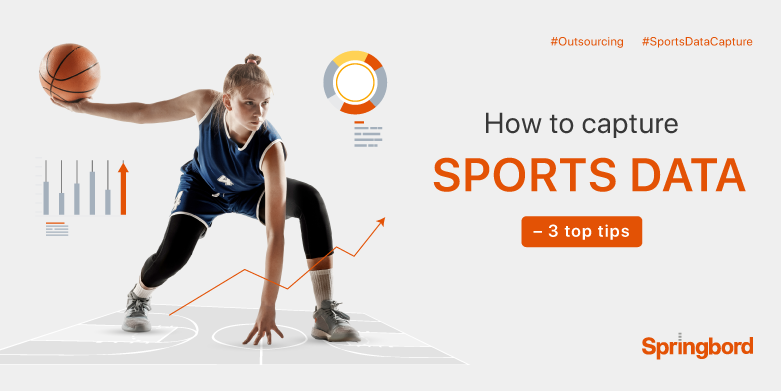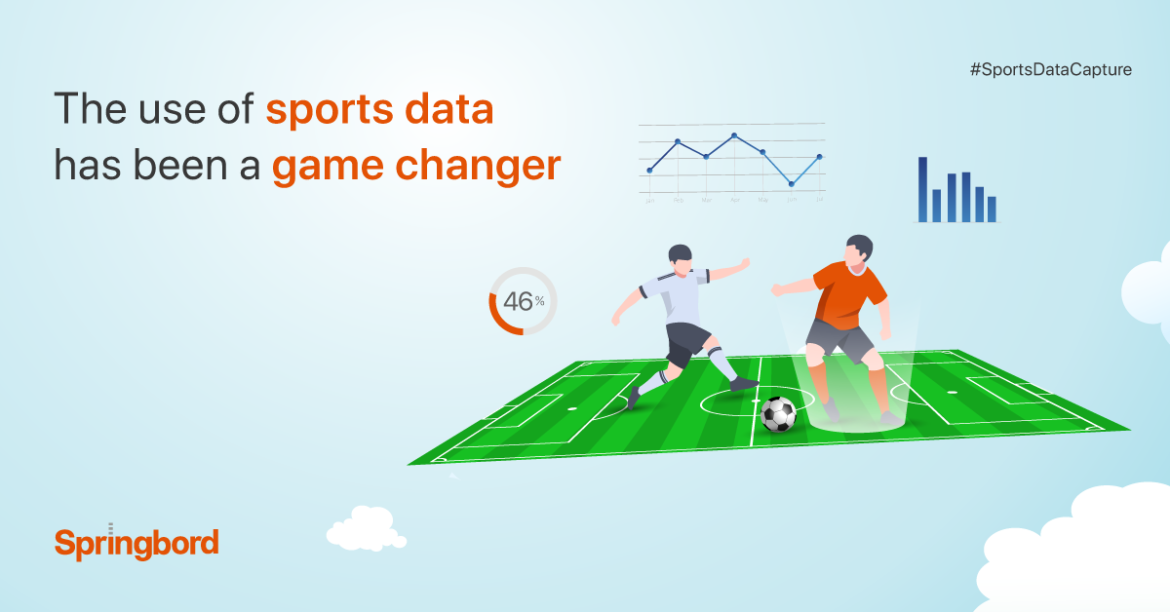M
E
N
U
What are sports data analytics? Sports data analytics is a practice of mathematical and statistical principles being applied to sports for better performance, to predict the probabilities, and to establish parameters for calculations. Sports data analyst collect their data like any other analyst and then curate and optimize them in order to improve the accuracy
According to a recent report, the sports analytics market is estimated to grow at a CAGR of over 40% from 2019 to 2026, reaching a mark of $6.376 billion by 2026. Today almost in every professional sport, sports analytics is being employed to optimize performance as well as viewership and fan engagement. As the demand
While the sports betting industry has been picking up steam, it has gained remarkable growth in recent times and would continue to do so, with research indicating that the global market size is estimated to reach over $140 billion by 2028. The growth in part is the ever-growing interest in sports and also how industry
Every sport is undergoing a digital transformation with data being used to hyper-quantify every aspect of the business of sports. From athletes’ health and nutrition, performance management, identification of the next star player to fan engagement, marketing, and competitive analysis – everything hinges on the quantity and quality of data. As new rules and methods
Big data is transforming the business of sports. From individual to team performance to athletes’ health to predicting scores and moves, the increasingly innovative use of data within sports is helping businesses drive deeper engagement with fans and stay ahead of the competition. Tracking and measuring team or individual performance over time may promise to
In 2020 the sports betting market generated a revenue of $1 billion in the U.S. which is estimated to increase by six times by 2023. Apart from the rapid rise of online sports betting, both individual and team sports have become aggressively competitive. Given the rapidly growing fan base, deeper engagement and extensive amount of
Whether it is football, baseball, cricket, basketball, or formula 1, every professional sport today has become highly competitive, where even the smallest of change can impact the entire course/outcome of the game. From hard-core loyal fan base to seasonal followers every enthusiast is looking for more and detailed information related to performance and surrounding events
The business model of sports has changed worldwide. Professional sports bodies are grappling with the issues of falling attendance, viewership and advertising revenues. Even the sporting leagues and their star players are unable to leverage their followers and fan base to turnaround their situation. With the sustainability of this model raising questions, the sporting industry
Sports tech is changing the way athletes perform and compete. It is helping their managers generate analytics in real time and redefine the future of the game. It is also enabling fans to consume sports in ways never imagined before. Today, e-sports has makes it possible for teams, trainers, enthusiasts, fans and others to leverage
“People in both fields operate with beliefs and biases. To the extent you can eliminate both and replace them with data, you gain a clear advantage” – A quote by Michel Lewis, from his book Moneyball. The Art of Winning an Unfair Game. A book (and subsequent movie) about Billy Bean, the Executive Vice











